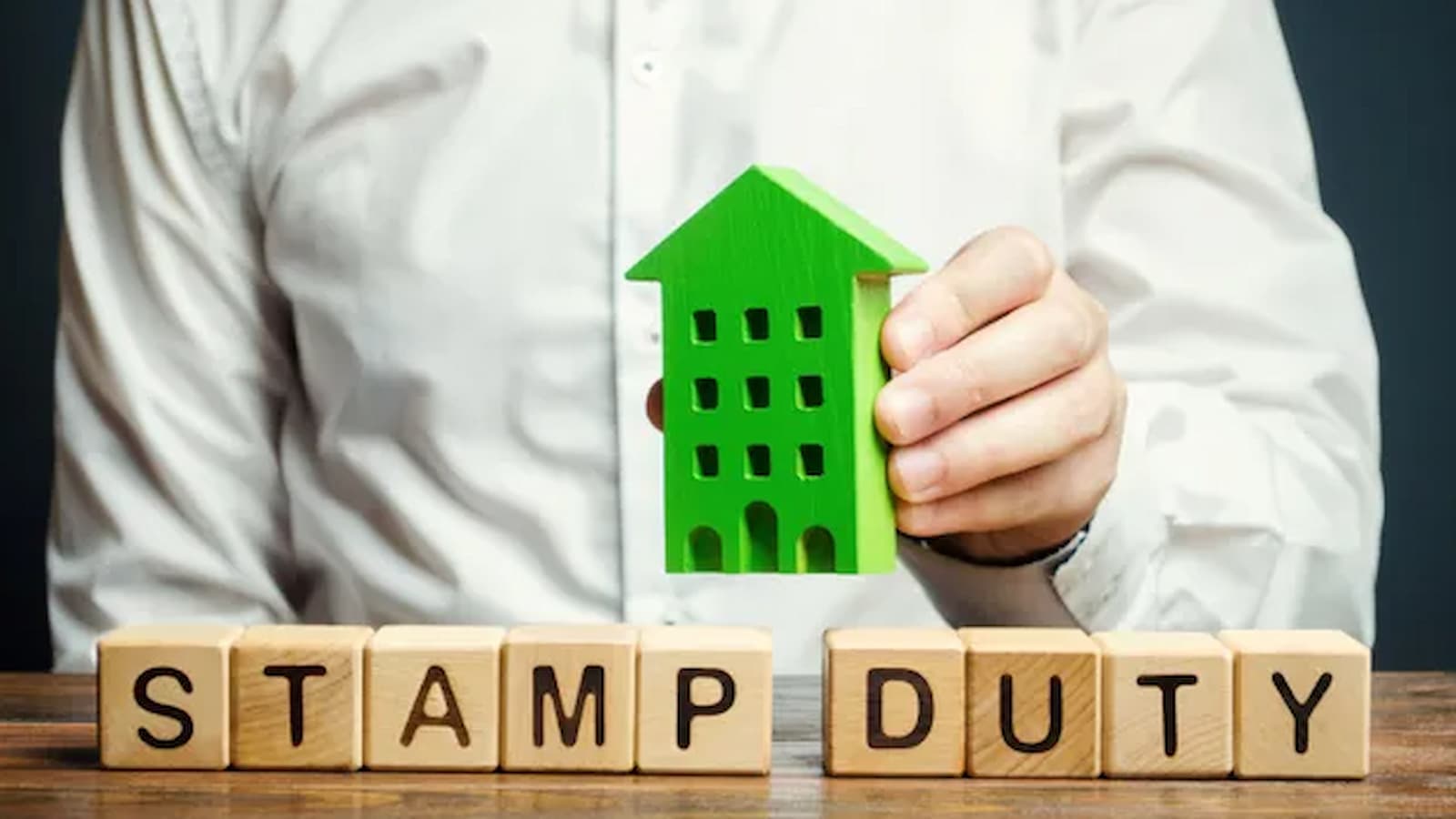Buying a house to renovate or taking on a fixer-upper? Don’t fall for tax refund promises that could cost you thousands.
A major court ruling has confirmed that even homes in poor condition still attract full residential Stamp Duty.
HMRC is now targeting dishonest agents offering bogus refunds based on false claims that a property was “uninhabitable.”
The court ruling that changes everything
If you’re buying a property in need of work, it still counts as residential for Stamp Duty, even if you can’t move in straight away.
That’s the outcome of a recent Court of Appeal case, Mudan & Anor v HMRC, where buyers claimed a refund by arguing their home was in such bad shape it didn’t count as residential.
The court disagreed. It ruled that unless a property is so derelict that it no longer functions as a home, it must be taxed at the standard residential rate. Just needing repairs or modernisation – like new wiring, heating, or damp treatment – doesn’t make a property non-residential.
This decision backs up what HMRC has always said: most fixer-uppers are still homes, and Stamp Duty must be paid accordingly.
Bring your dream home to life with expert advice, how to guides and design inspiration. Sign up for our newsletter and get two free tickets to a Homebuilding & Renovating Show near you.
How homebuyers are being misled
Some buyers are being approached by tax refund agents offering to reclaim part of their Stamp Duty bill, claiming the house was “uninhabitable” at the time of purchase.
These agents often promise big refunds with no upfront costs, but the reality can be financially damaging.
Joe Mudan and his partner bought a property in 2019 that needed work. Their tax agent told them they could get a refund by arguing the home wasn’t suitable to live in. They submitted the claim and HMRC rejected it.
The case went to court, where the judges ruled the property still counted as residential, despite needing repairs. Their refund had to be paid back, and they were also hit with penalties and interest.
Many homeowners in similar situations have been left out of pocket after trusting refund agents who then disappear or refuse to help when HMRC demands the money back.
What you need to know before claiming a refund
When it comes to Stamp Duty, the rules are clear: buyers are responsible for getting it right. If someone files a dodgy claim on your behalf and HMRC finds out, you’re the one who pays it back, not the agent.
The recent ruling confirms that:
- A house needing renovation is still a house and is taxed like one.
- You don’t need to be able to move in immediately for it to be “residential.”
- Only properties that are genuinely uninhabitable, such as those with major structural failure, might be treated differently.
If you’re unsure whether you’re due a refund, check official guidance on GOV.UK or speak to a qualified, regulated adviser. And if a refund is genuinely owed, you can claim it directly yourself – for free.
View the original article and our Inspiration here


Leave a Reply